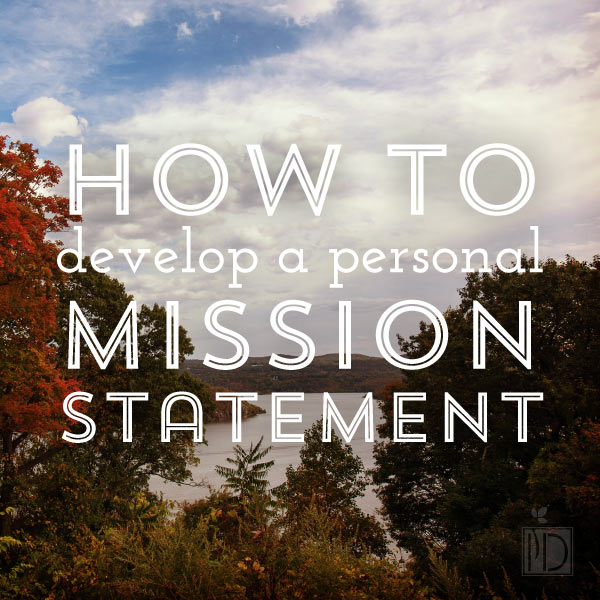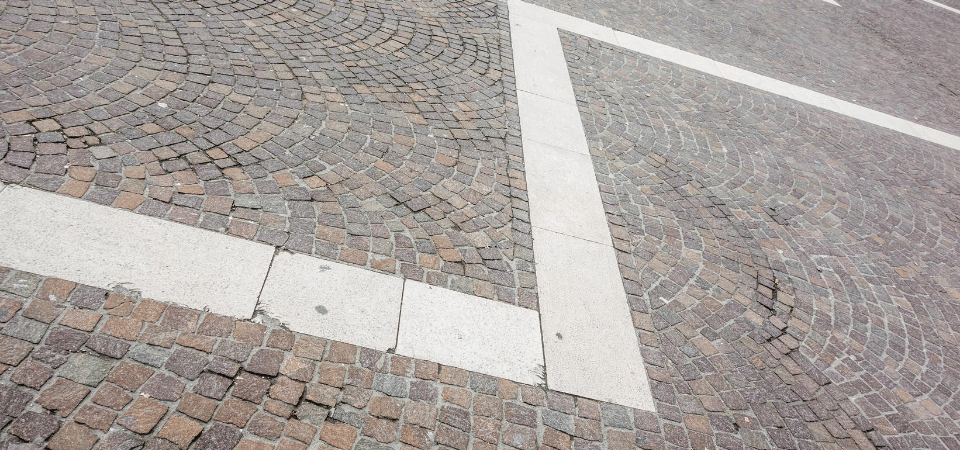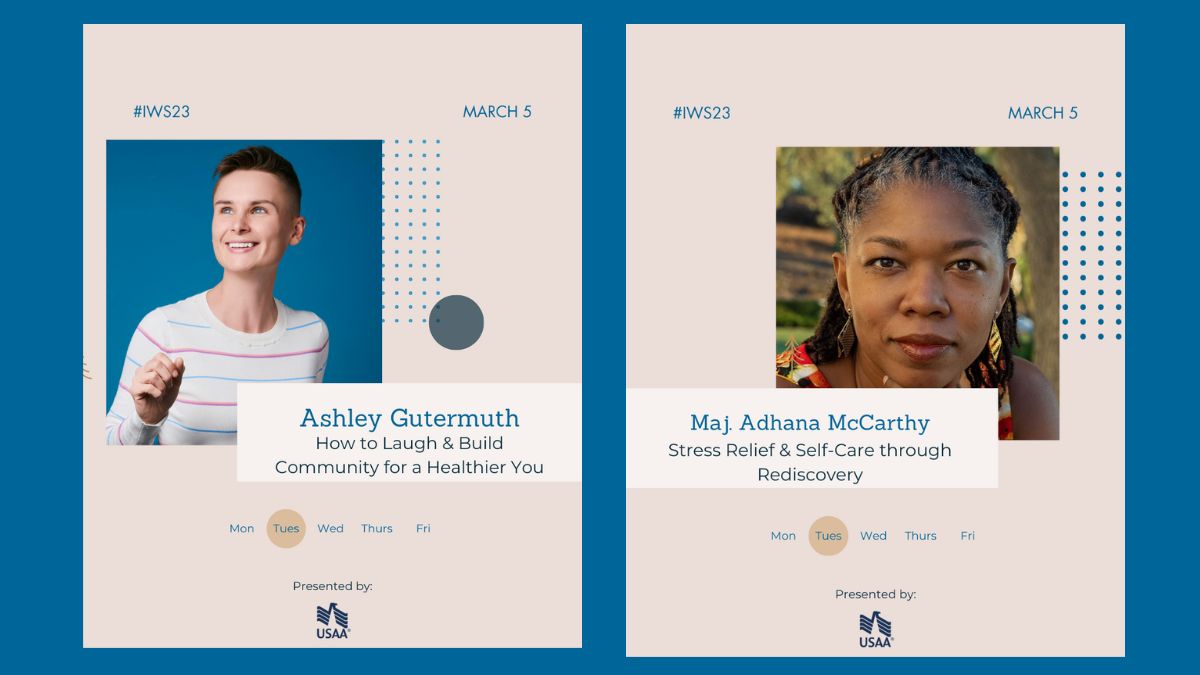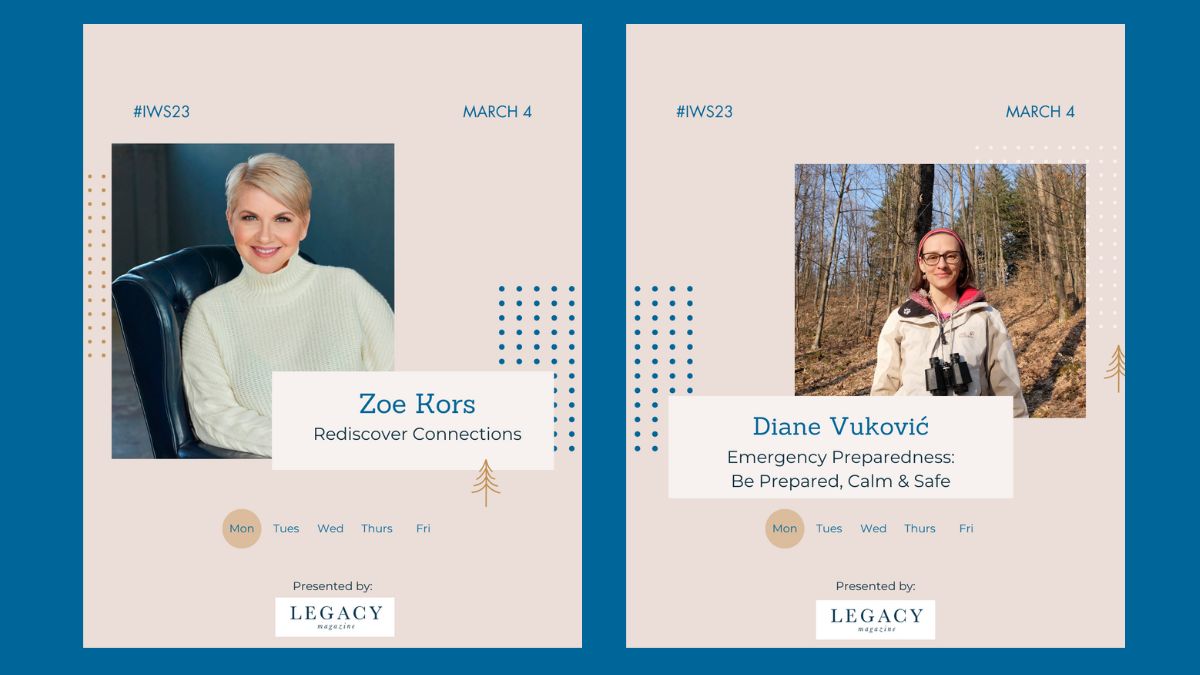Overwhelmed with life? Developing a personal mission statement can help you break through the chaos of life by organizing your priorities and creating a plan to balance your responsibilities so you can meet goals and continue to grow in ways that are important to you.
Have you ever had one of those days when you felt like you’re just running through the motions? Your baby is screaming, the laundry needs to be washed, an essay is due for class next week, guests want you to come for dinner, you haven’t worked out all week, and you just can’t wait for the end of the day when you can have some time to yourself. Finally, you put your kid to bed, and you take a moment to just breathe. Then, exhausted, you start chipping away at all those tasks you didn’t complete earlier in the day. It seemed like the day was filled with chaos instead of progress.
I was recently in the midst of one of those days when I realized it was time to STOP what I was doing, leave the kid with my husband, get outside, and go for a run.
As I ran along a favorite trail at our new duty station, the air was crisp and the leaves were changing to brilliant shades of red, yellow, and orange. I looked out to the river where the blue horizon met the rocky Hudson Highlands, and I let my mind wander. After taking some time to just run and breathe, I began to grow aware of some recurring thoughts in my mind. Each of the thoughts pointed to a bigger picture. Over and again, I kept thinking about the things that are most important to me: my faith, my family and friends, and my health. It was at this point that I realized it was time to revisit an important lesson I had learned in a leadership class a year earlier.
In the months following the birth of my son in 2013, I grew overwhelmed with the many aspects of life: baby, family, school, home, work, health, etc. At the time, I was taking a leadership course for graduate school, and it was there that I learned about the power of a mission statement. The statement helped me organize my priorities and create a plan to balance the various tasks I had taken on. I like to think of a mission statement as a way of establishing certain guidelines to facilitate one’s goals and personal desires. It’s like a personalized roadmap that allows you to progress through the chaos of life, continuing to move in the right direction. When you are torn between competing demands (caring for your family, health and well-being, social obligations, etc.), a mission statement can put things into perspective and keep you focused on what is most important to you.
To start, make a list of what you’re passionate about. In a few sentences or bullet points, write down what you love to do, what is important to you, and what motivates you. What are your long-term goals? By answering these questions, you identify those aspects that compose your life’s purpose. In doing this, you have laid the groundwork to write your own personal mission statement and organize your priorities. (Hint: When I really want to self-reflect, I have to do an activity that relaxes my mind, like go for a run, take a nap, or write in a journal.)
FranklinCovey, a performance improvement firm, offers a useful (and free!) resource to help you construct a mission statement. The site takes you through a 10-step questionnaire that covers various characteristics of your life and personality. For example, it incorporates imagination with questions like, “If you had unlimited resources (time, money, etc.), what would you do?” Or, to identify priorities in terms of contribution, the site asks you to imagine yourself on your 80th birthday: “Who would you like to be there with you? What would you want those guests to say about you?” These types of questions clarify who and what you value. More importantly, they help to narrow your priorities so you can focus your time and energy on those aspects of your life that really matter.
As you answer FranklinCovey’s 10 questions, the site assembles a mission statement that is unique to your personality and priorities. It isn’t perfect, but it’s a start. I had to tweak my statement to make it fit, and I find it worthwhile to revisit it every couple of months to ensure it is up to date. Each time I revise it, the statement transforms into a more comfortable representation of my priorities. Most importantly, it becomes a guide to living with a purpose – thriving instead of just surviving.
A mentor once recommended that I put my mission statement on a small note card and keep it in my wallet, on my car dashboard, or taped to the mirror in my bathroom. Doing this allows me to see it on a daily basis, and it becomes a reminder to help me stay on track and not get lost in the beautiful chaos of life.
to the mirror in my bathroom. Doing this allows me to see it on a daily basis, and it becomes a reminder to help me stay on track and not get lost in the beautiful chaos of life.
What is important to you? How do you define your life’s vision? Do you have any tips for creating a mission statement? Please share!





